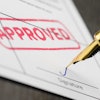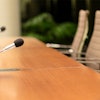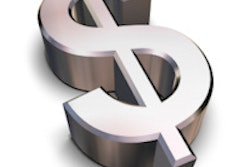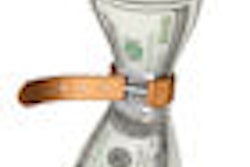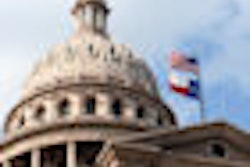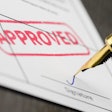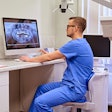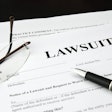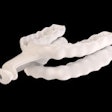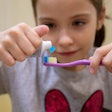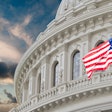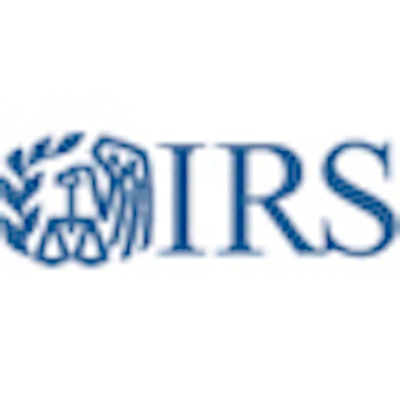
On December 5, the U.S. Internal Revenue Service (IRS) issued its final regulations regarding the medical device tax, implemented as part of the Affordable Care Act. And despite strong lobbying by multiple dental groups to exempt dentistry from the tax, so far their efforts have been unsuccessful.
The 2.3% tax is an excise tax that manufacturers and importers will pay on the sales of certain covered medical devices beginning on January 1, 2013.
“A lot of dentists that I’ve spoken to in the past six weeks have been very interested to see how this is going to play out in terms of increased impact on their bottom line because of the increased overhead they will have,” dental consultant Dean Drevlow of Dental Dynamix told DrBicuspid.com. “Like any cost increase that a dentist sees from a supplier or equipment vendor, this is an excise tax on the manufactures and importers and somebody has to pay for it. The cost typically gets passed on to the end purchaser, so dental practitioners will likely be forced to raise their fees.”
According to Drevlow, some of the items affected by the tax:
- Nitrous and oxygen delivery systems and gas
- Computer equipment used for diagnostic purposes
- X-ray equipment, sensors, cone-beam CT systems, caries detection devices, and cameras
- Surgical equipment
- Handpieces
- Replacement parts
- Remanufactured or refurbished equipment
- Instruments
- Imaging equipment
- CAD/CAM machines
- Prosthetic devices
"There are several interesting comments that further define the Retail Safe Harbor as over-the-counter (nonprescription)," Drevlow noted. For example, over-the-counter whitening strips appear to be exempt, but custom whitening trays would be taxable.
If it's required to be listed as a device with the FDA, then it is a taxable medical device, according to Eric Thorn, in-house counsel with the National Association of Dental Laboratories. (Click here to see the association's analysis of the medical device tax.)
Software and software upgrades do not appear to be included in the tax, according to Drevlow, noting that software licensing and leasing will be addressed in separate rulings to be issued by the IRS and Department of the Treasury.
The ADA and a coalition that included the Academy of General Dentistry, the American Academy of Oral and Maxillofacial Surgeons, the American Association of Orthodontists, the Dental Trade Alliance (DTA), and the National Association of Dental Laboratories had asked the secretary of the treasury to "exercise the authority in Section 4191(b)(2) of Public Law 111-152 to determine that the excise tax does not apply to dental devices manufactured by dental laboratories and orthodontic manufacturers."
But the final regulations do not create a special rule for dental devices.
The DTA will continue to lobby against the tax, according to a letter from DTA CEO Gary Price on the organization's website.
"Even as we analyze the IRS rule on medical devices we are fighting in Congress to have the tax repealed," Price wrote. "Some members of the Senate are indicating their support for delaying the tax. DTA continues to fight for elimination of the tax. We continue to maintain that dental businesses will not benefit from the health reform law."
The DTA is sponsoring a webinar on the medical device tax on December 13. Visit the DTA website for more information.
